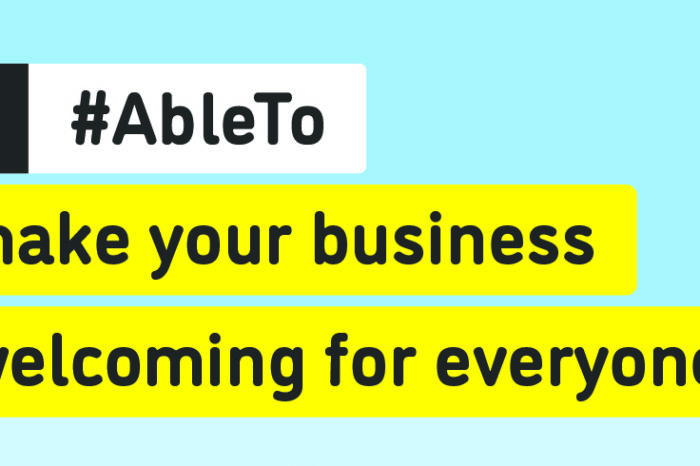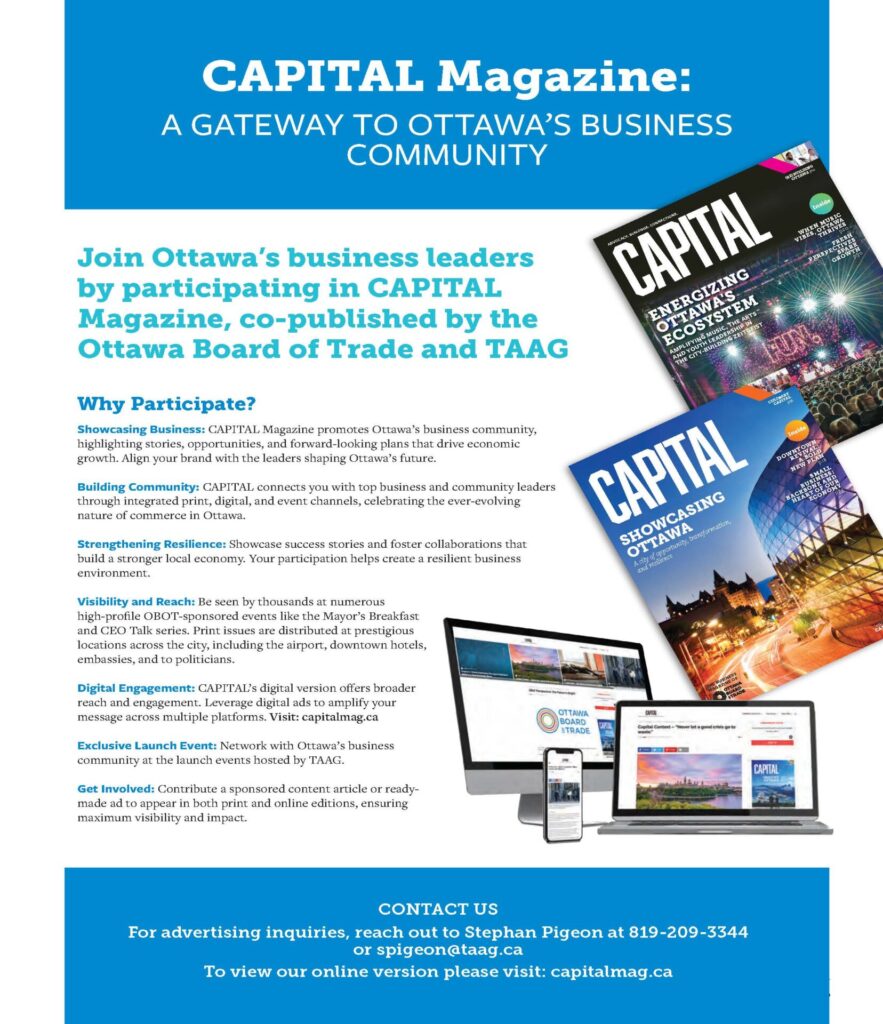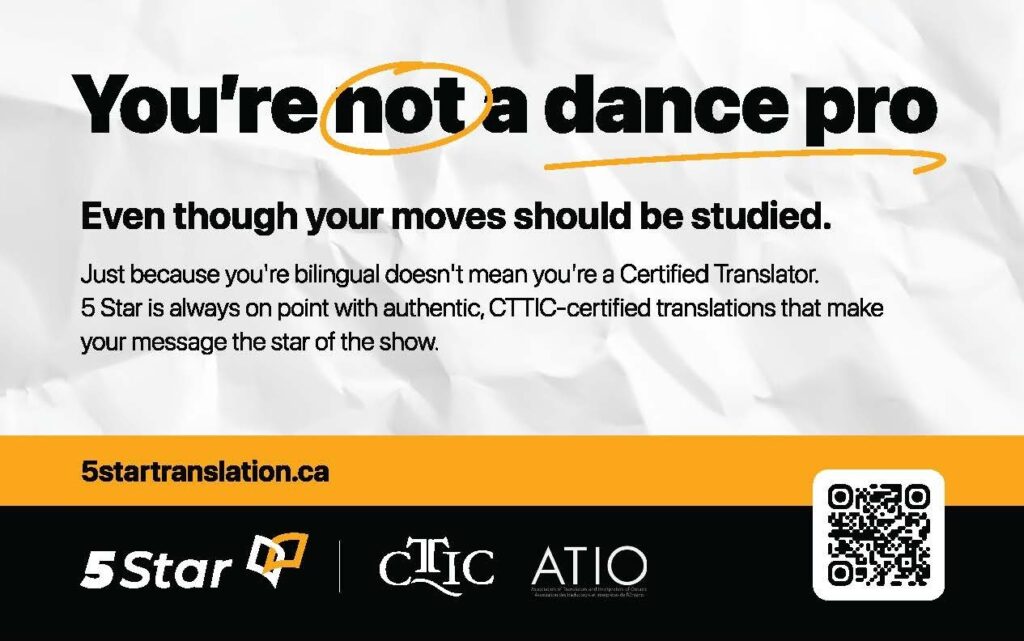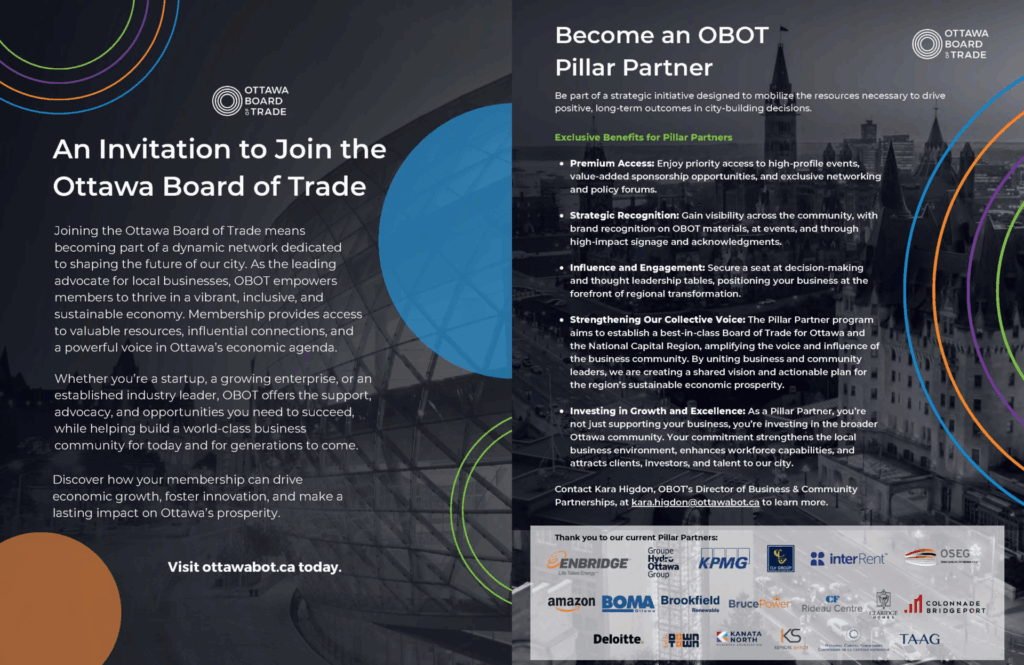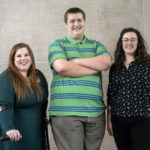An Untapped Talent Pool is Waiting for You at Carleton University
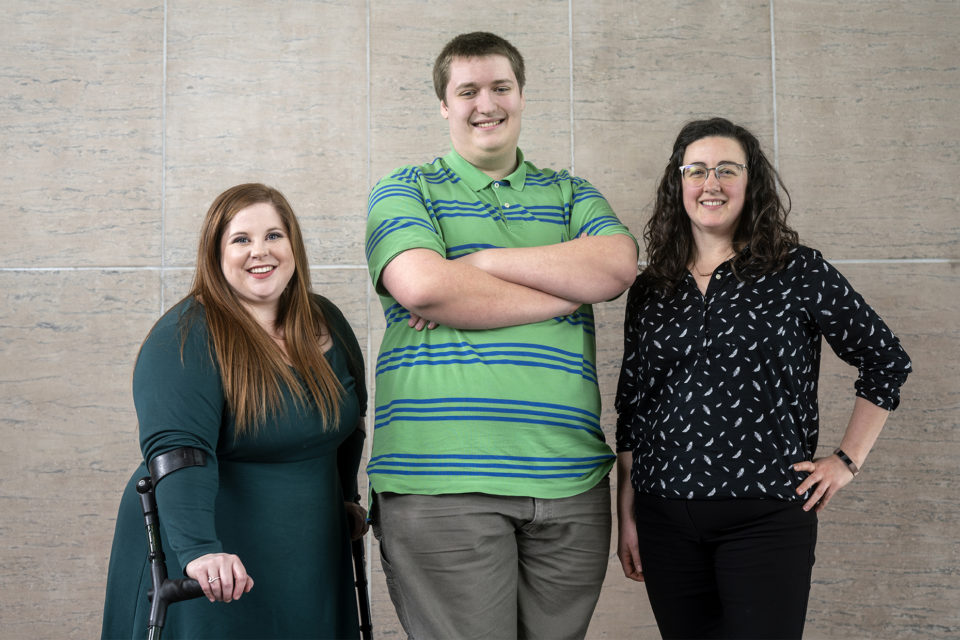
ACT to Employ, a Carleton University employment program for students with disabilities, helped computer science student, Conrad Belaire (middle), gain degree-related work experience. Pictured with ACT to Employ’s Student Advisor, Jenna Lambert (left) and Business Development Coordinator, Amanda Hodgson (right).
Carleton has an untapped talent pool that’s bringing strong industry skills, fresh talent and inclusivity to employers across Ottawa.
Carleton University’s Accessible Career Transitions to Employment Program, or ACT to Employ, supports and educates employers on how to build accessible hiring practices and workplaces, while creating paid experiential learning opportunities for students with disabilities. Approximately 3,500 students are currently registered with the disabilities centre at Carleton University, and while they’re graduating on par with the general student population, there still exists a gap when it comes to their employment and transitioning to the workplace.
That’s where ACT to Employ comes in. ACT to Employ has a talent pool of more than 600 highly skilled students available for work placements year-round, and students are actively getting hired on campus and across the city.
“Our overall goal is to support students,” says Amanda Hodgson, ACT to Employ’s business development co-ordinator. “We want to give them workplace experience, and experience in asking for accommodations if needed.”
Students come back and say that was such a valuable experience
Conrad Belaire, computer science student, has gained both.
Belaire enrolled in ACT to Employ when he was looking for a summer job after his first year and secured a placement at Blue Horizon.AI (then called Gray Jay.AI) and Eightfold Technologies. Following his placement at Blue Horizon.AI, he completed two co-op work terms at Immigration, Refugees and Citizenship Canada.
Belaire, now in his third year, says he’s “definitely more career-ready” than when he started school. “I have a much better idea of what will be required of me in a workplace.”
Like 90 per cent of ACT to Employ’s students, Belaire’s disabilities are invisible. Belaire has ADHD, a learning disability and severe sleep apnea.
“Sometimes I think my disability isn’t worth mentioning—that I’m going to look weird if I bring it up,” he says. “With this [ACT to Employ], you can be open about it.”
Jenny Midwinter, founder of Blue Horizon.AI, had Belaire working on an autonomous wheelchair and an Internet of Things project. In her field, she says diversity is more about getting diverse opinions in problem-solving than about employing people with disabilities. In fact, Belaire’s disability never came up as a barrier.
“The work he produced stood on its own,” she says.
“I think it’s something I can proudly put on my resume,” he says. “I’ve never taken any front-end based classes at Carleton. Both of my jobs have been front-end based so I’m rounding out my education by filling in the blanks with job experience.”
ACT to Employ’s student advisor, Jenna Lambert, consistently sees students return from placements with new confidence.
“Students come back and say that was such a valuable experience,” she says. “They can take the skills they’ve learned and use them in the future – whether that’s work-related or the ability to bring up accommodations needs. Overall confidence is probably the biggest change we see in students.”
Employers interested in hiring an ACT to employ student may contact ACTtoEmploy@carleton.ca. We are currently filling placements for summer 2020.




